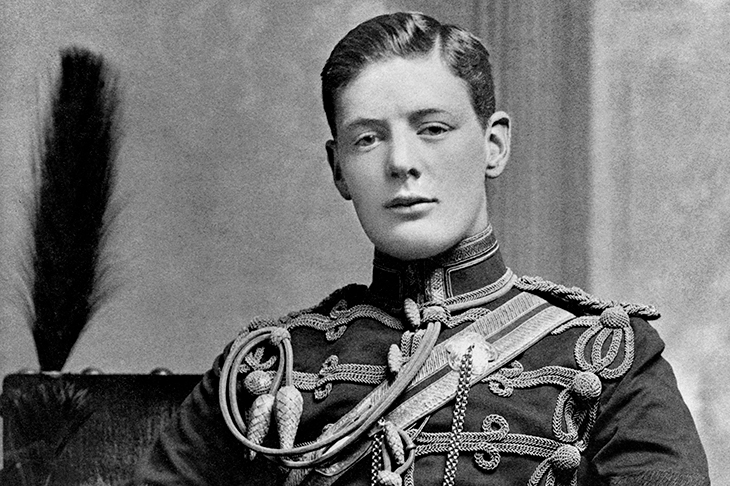The river of death has brimmed his banks
And England’s far and Honour’s a name
But the voice of a schoolboy rallies the ranks
‘Play up! Play up! And play the game!’
Even as long ago as the first world war, men bitterly mocked the tritely jingo-istic sentiment of Sir Henry Newbolt’s poem ‘Vitaï Lampada’.
Already a subscriber? Log in
Subscribe for just $2 a week
Try a month of The Spectator Australia absolutely free and without commitment. Not only that but – if you choose to continue – you’ll pay just $2 a week for your first year.
- Unlimited access to spectator.com.au and app
- The weekly edition on the Spectator Australia app
- Spectator podcasts and newsletters
- Full access to spectator.co.uk
Or
Unlock this article
You might disagree with half of it, but you’ll enjoy reading all of it. Try your first month for free, then just $2 a week for the remainder of your first year.














Comments
Don't miss out
Join the conversation with other Spectator Australia readers. Subscribe to leave a comment.
SUBSCRIBEAlready a subscriber? Log in